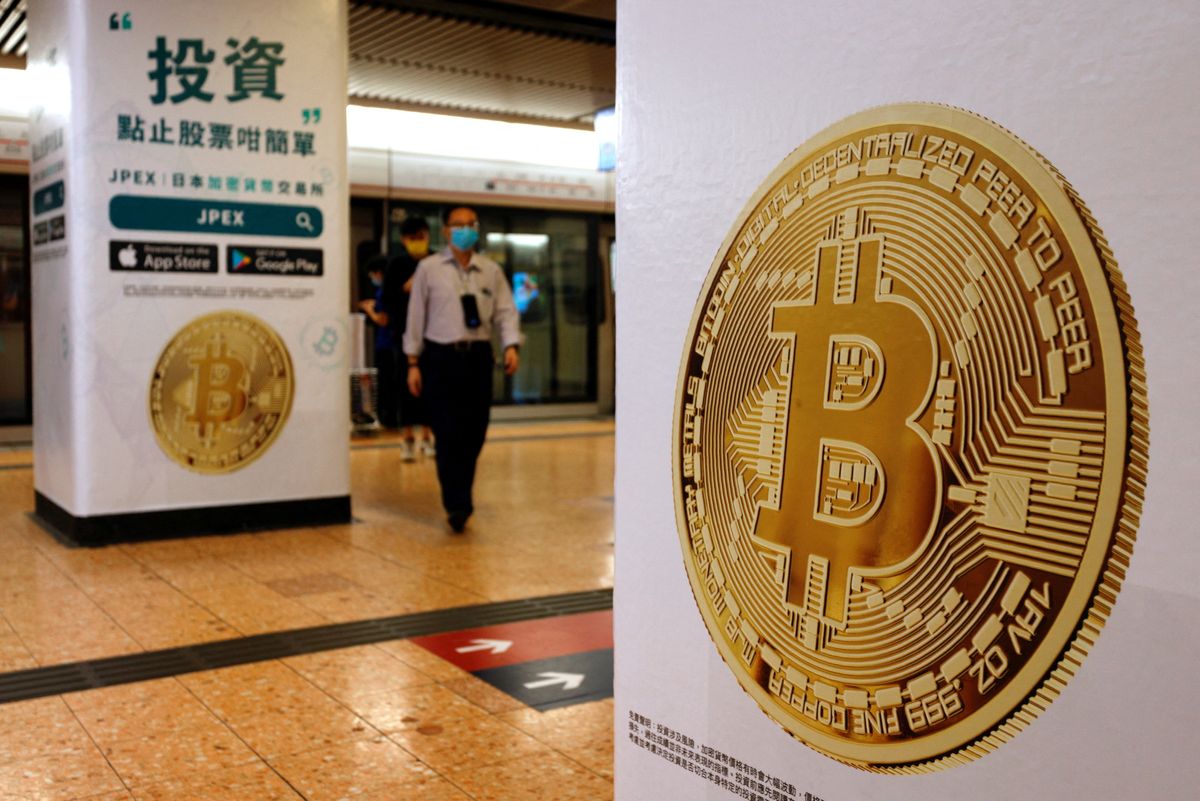Hong Kong will explore making retail crypto trades legal
The Hong Kong government has proposed a plan to allow retail investors to trade cryptocurrencies and related funds legally.

A few minutes every morning is all you need.
Stay up to date on the world's Headlines and Human Stories. It's fun, it's factual, it's fluff-free.
The Hong Kong government has proposed a plan to allow retail investors to trade cryptocurrencies and related funds legally. Previously, this kind of trading was only allowed by professional investors. It also plans to review property rights for digital assets and explore legalizing smart contracts. Hong Kong has been trying to recover from COVID curbs and political uncertainty since the pandemic began, as more businesses and talent have shifted to locations like Singapore. Interestingly, this move comes soon after Singapore’s central bank proposed stricter regulations on crypto trading.
The city’s first step will be discussing how retail investors “may be given a suitable degree of access” to tokens, according to the financial secretary. The hot news aims to help restore Hong Kong’s position as an international financial hub and increase the city’s competitiveness by attracting Web3 businesses back to Hong Kong. The proposal comes as a surprise, as Hong Kong has been pretty strict toward crypto, and China has completely banned it. Last year, China’s crackdown on big crypto exchanges like Binance and some Bitcoin-mining firms made some startups, digital-asset firms, entrepreneurs and investors move to other Web3-friendly markets like Singapore and Dubai.
Key comments:
“We want to make our policy stance clear to the global market, to demonstrate our determination to explore fintech with the global virtual asset community,” said Paul Chan, Financial Secretary, in a keynote address at Hong Kong Fintech Week.
“A consistent framework for crypto regulation is essential and key to growing institutional and retail adoption of digital assets at scale,” said Worldpay Vice President Yvonne Szeto in a Bloomberg Television interview.
“We don’t set ourselves out to compete with other jurisdictions, especially on regulation,” said Singapore’s central bank chief Ravi Menon in a Bloomberg interview. “We have to do what is right for us, what is necessary to contain the risks. And the risks are primarily harm to retail investors.”
“We need to find ways to help China do things that China itself is not yet prepared and able to do. And so this is a very important psychological step,” said Charles Li, chairman at Micro Connect and a former chief executive officer of Hong Kong Exchanges & Clearing.




Comments ()